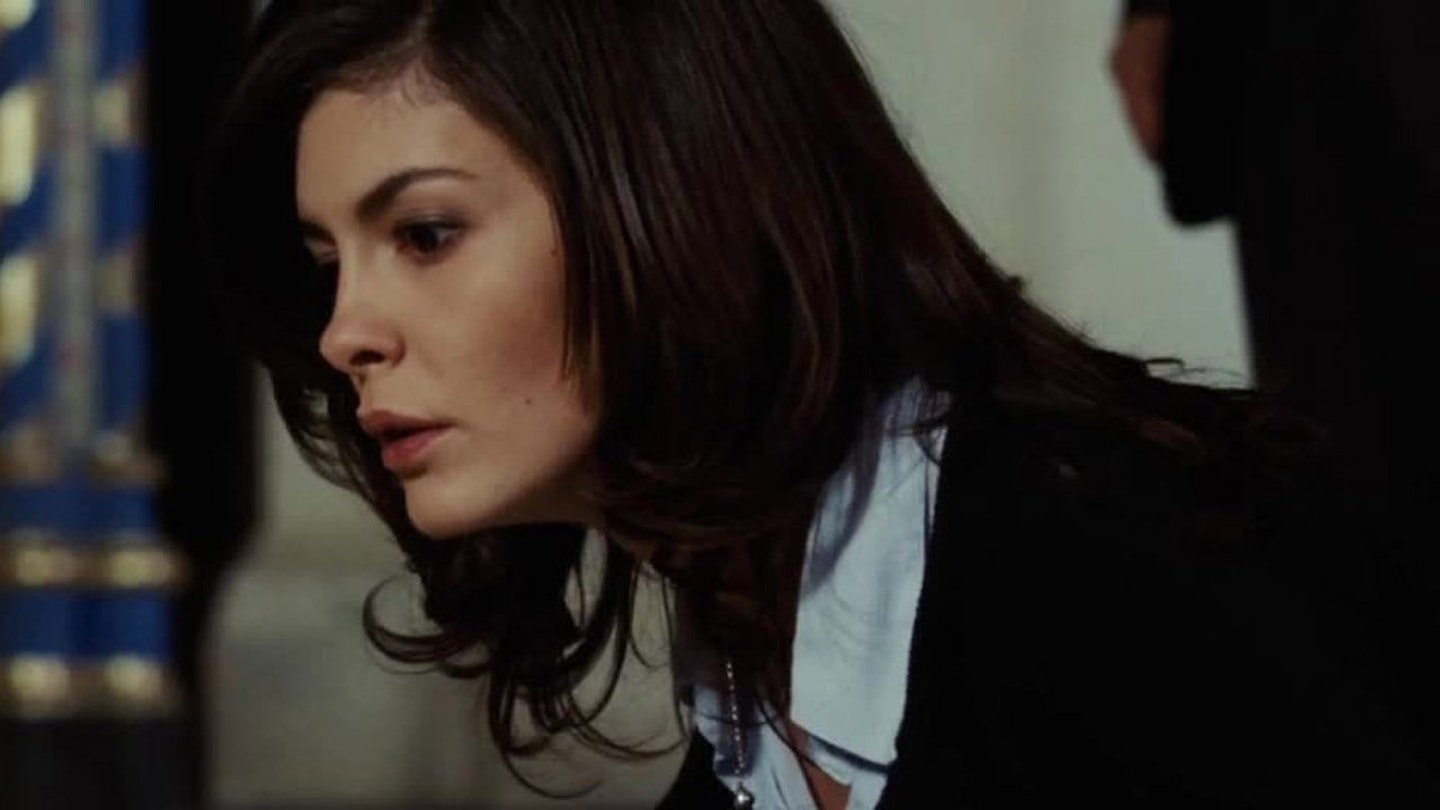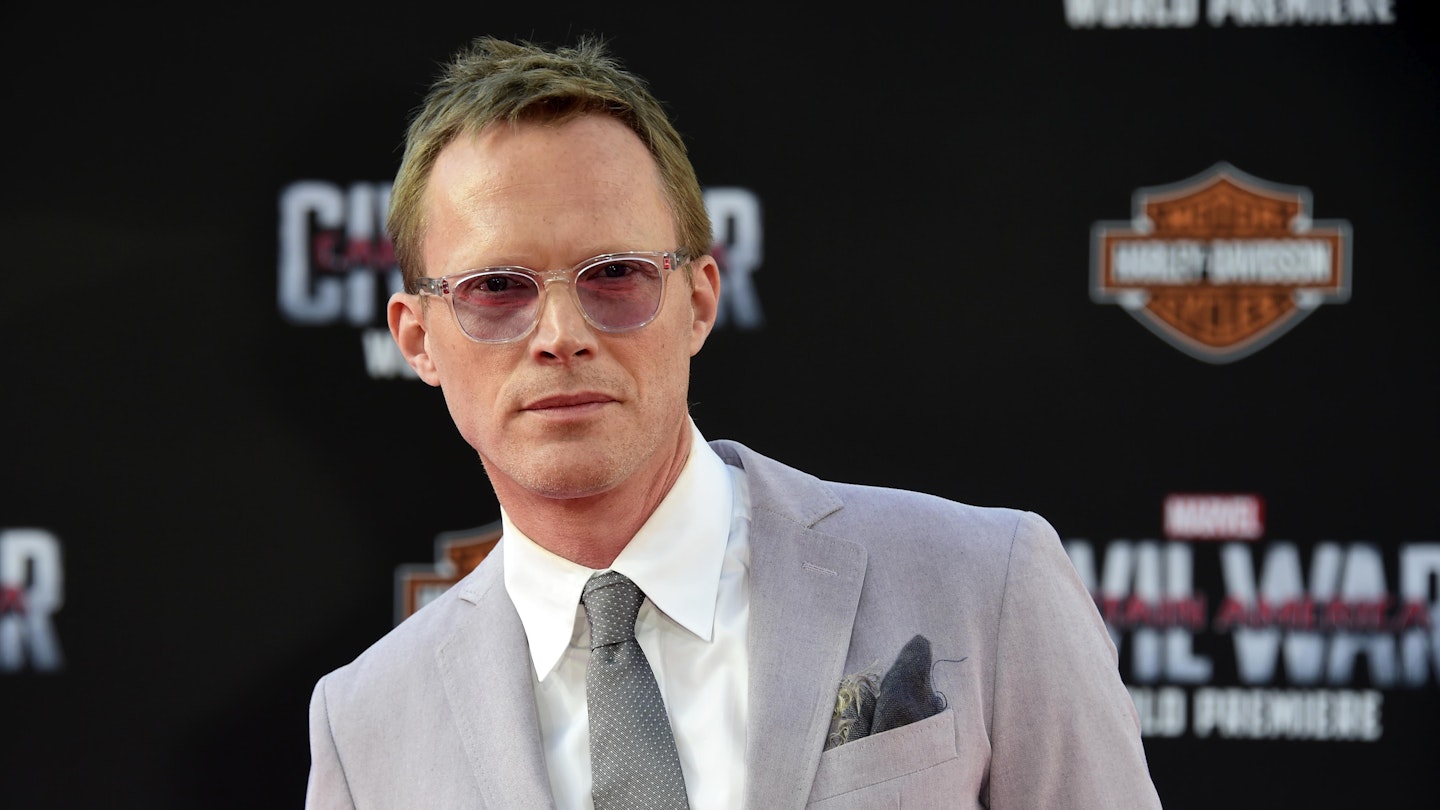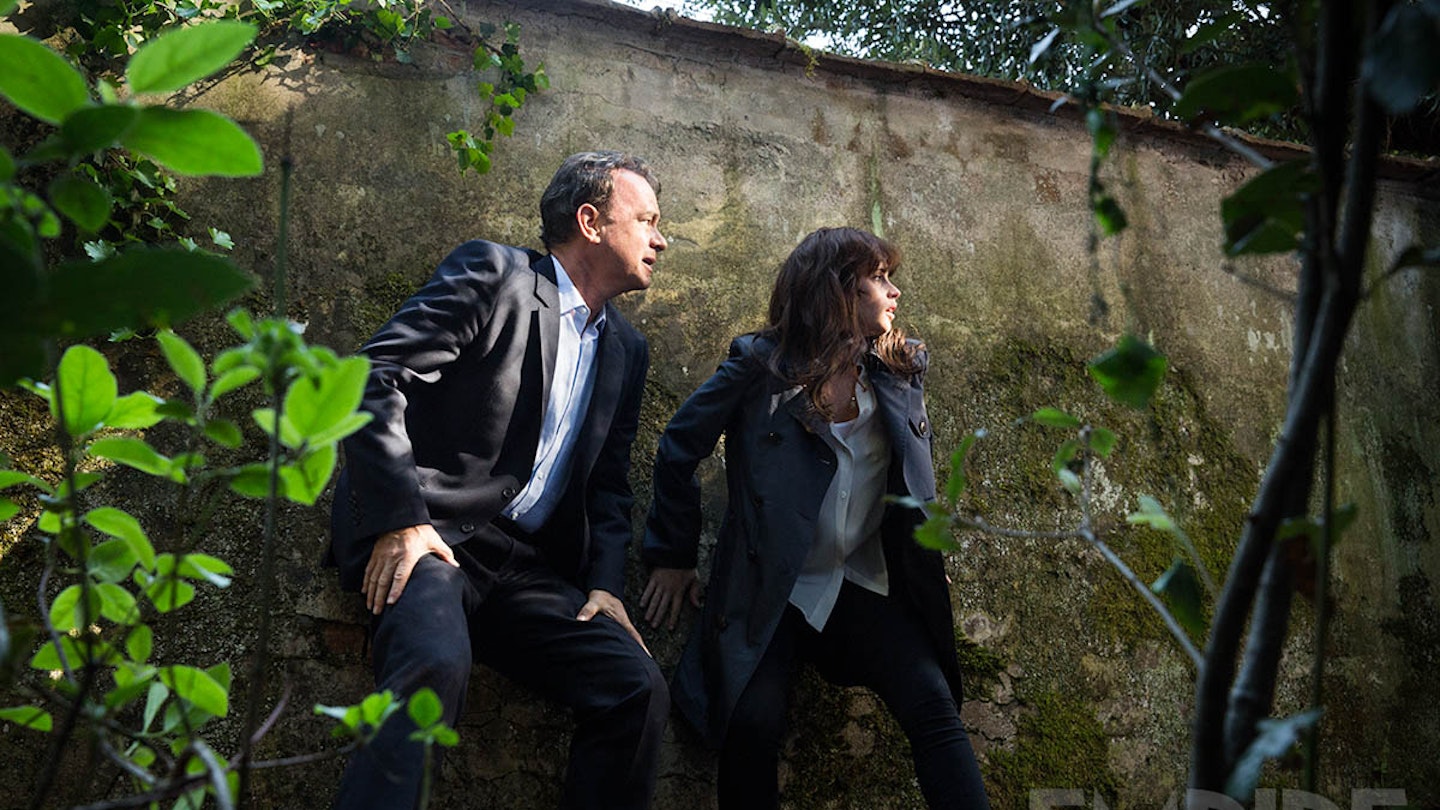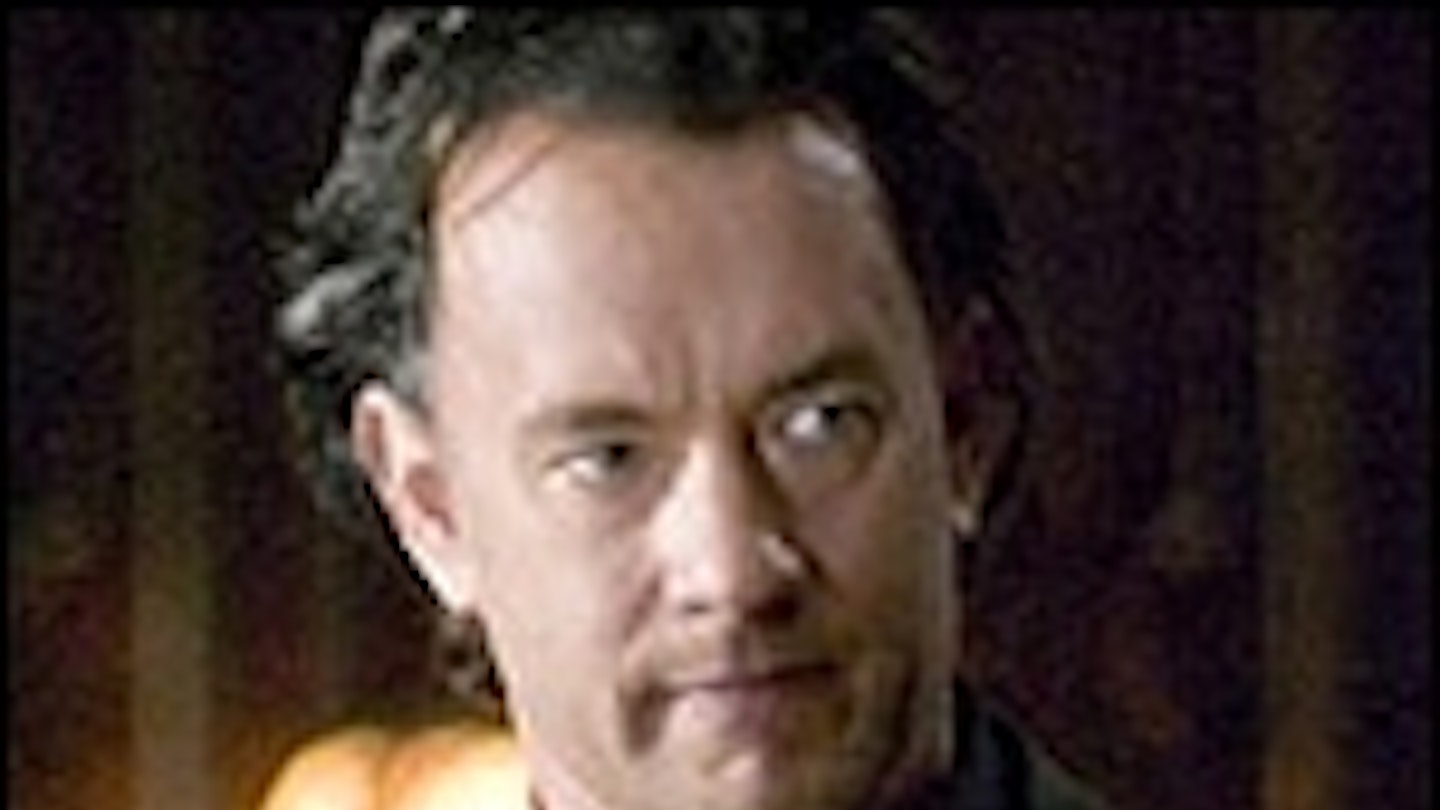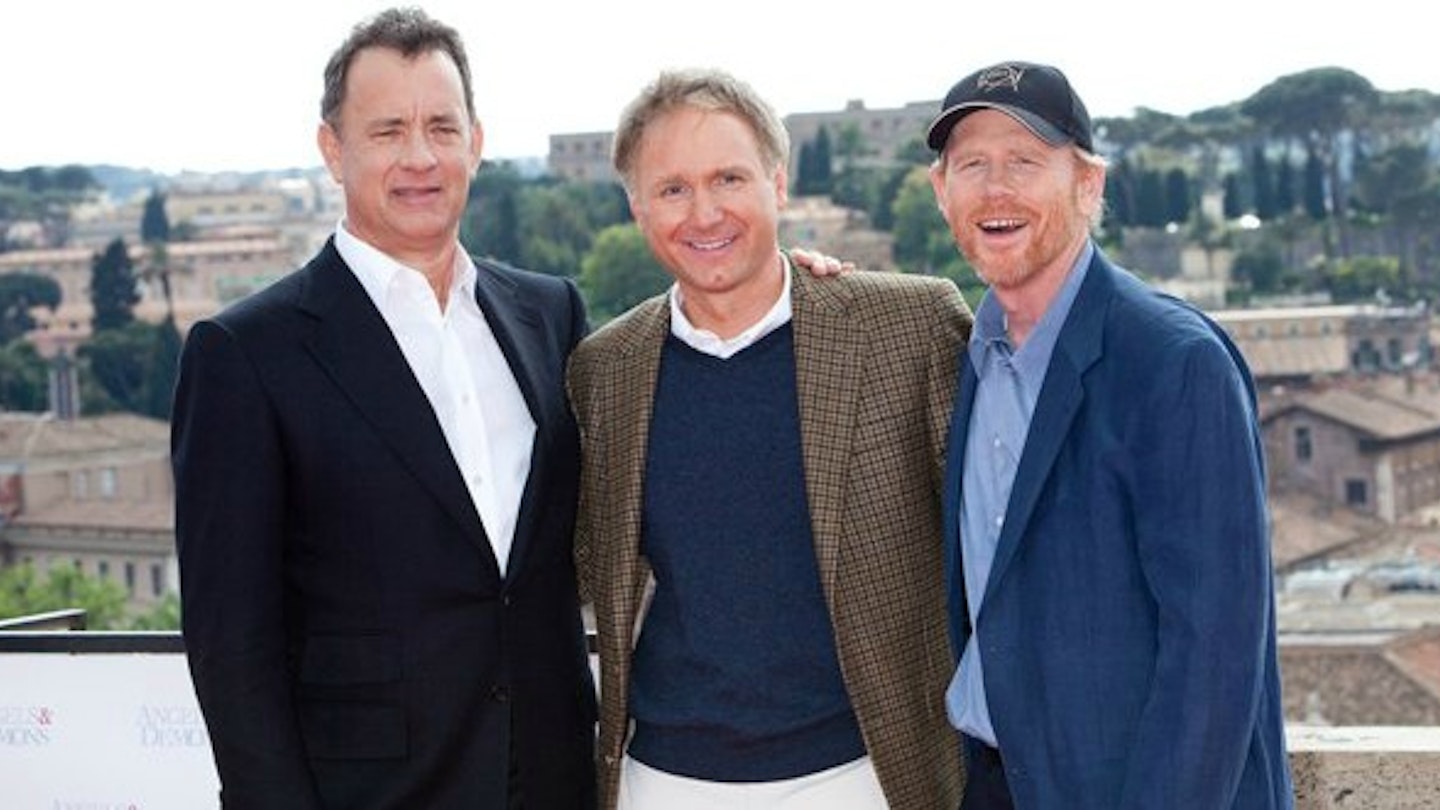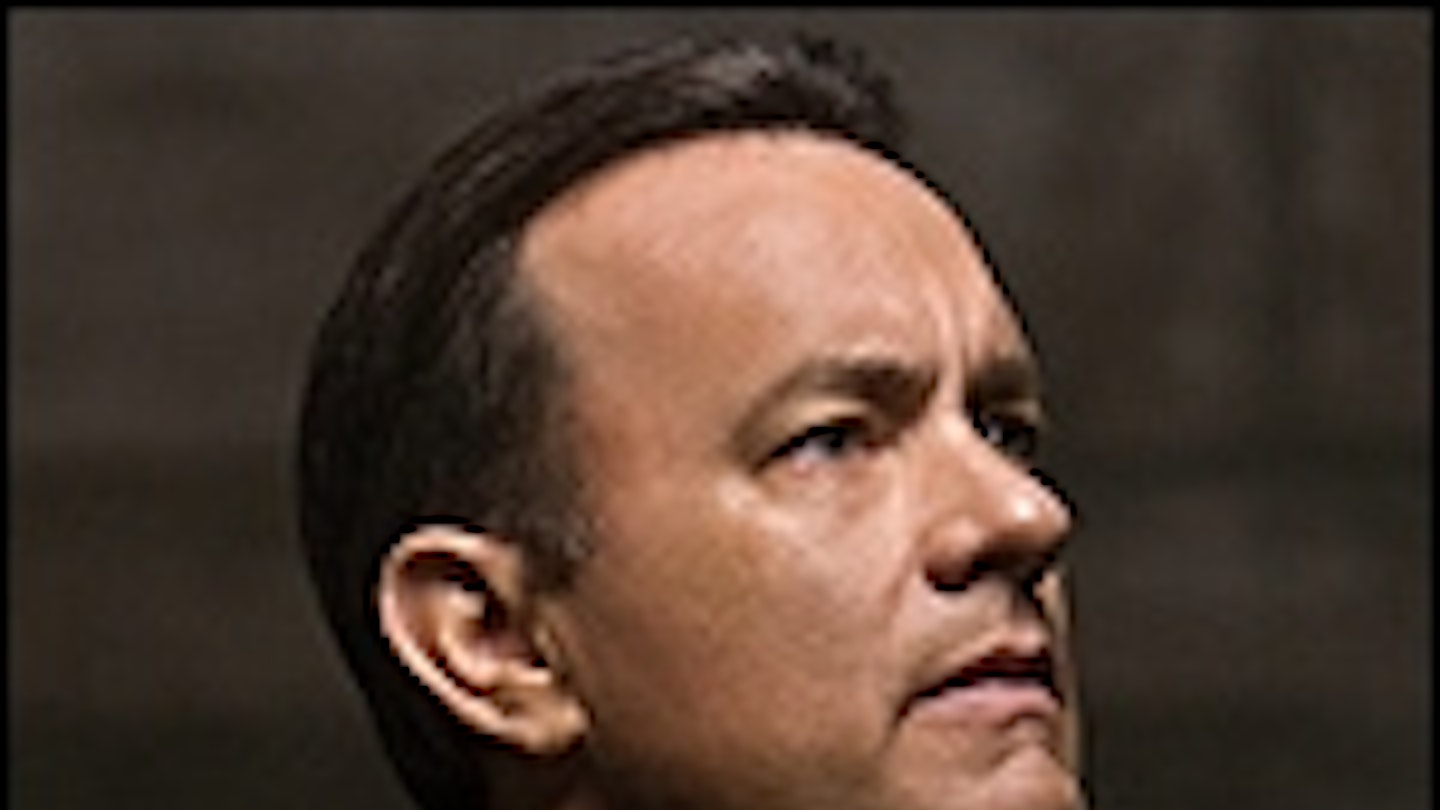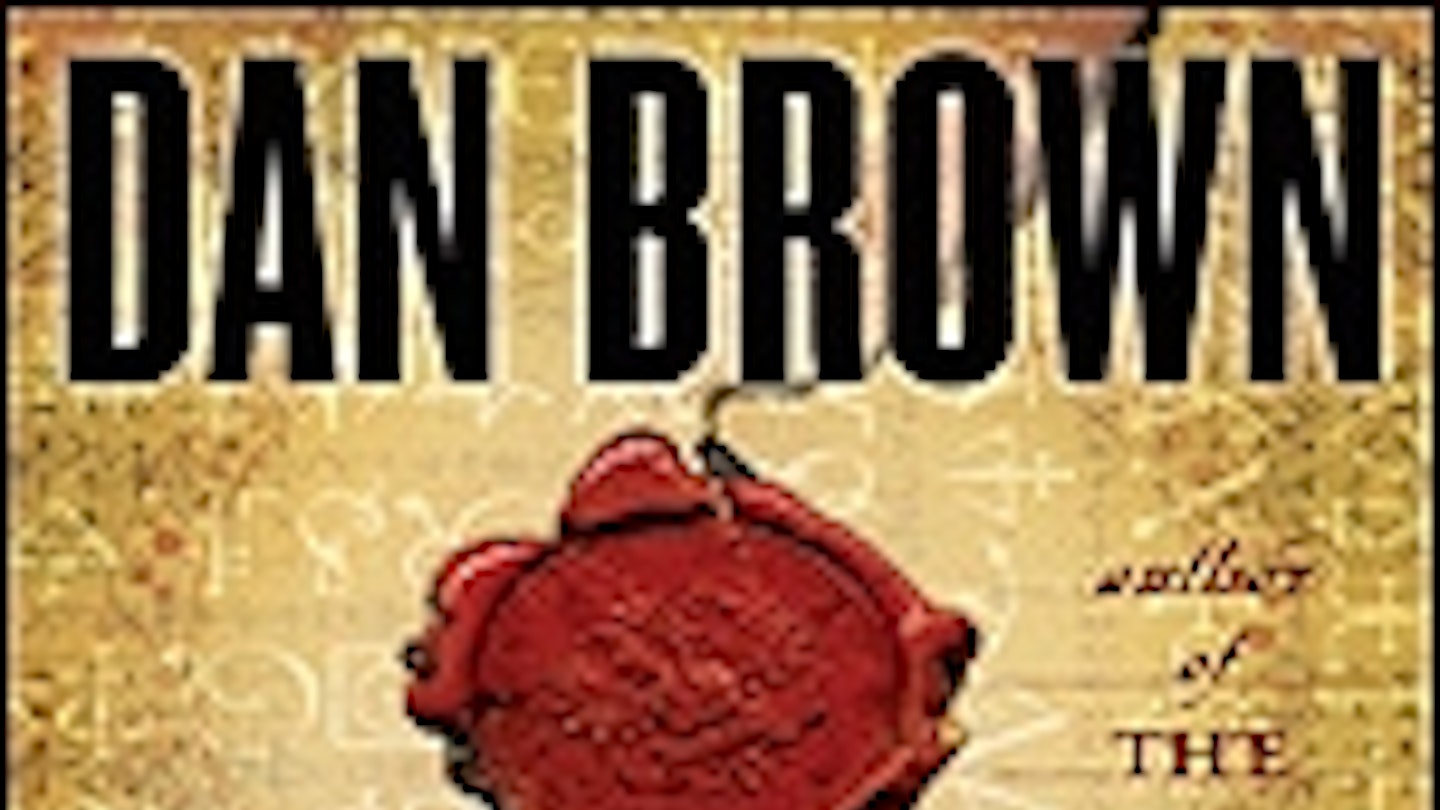Much of the talk surrounding the success of Dan Brown’s The Da Vinci Code concerned how cinematic it was: linear storytelling, short chapters, constant movement punctuated by sporadic violence, all set against a heady backdrop of Big Religious questions. All the adaptation needed to do was put Ext or Int at the front of every scene and it was a sure thing. So how Ron Howard, whose middle brow sensibility would seem a perfect fit for the book’s high minded populism, managed to come up with something so wide of the mark is a bigger mystery than anything dreamed up by Brown.
A movie so dependent on exposition that there is no room for anything else, be it character, atmosphere, or even action set-pieces, the storytelling operates not through character motivations and desires but through a series of puzzles and clues. So as Langdon and Neveu lurch from mystery to mystery — a Countdown conundrum here, an olde worlde Rubik’s Cube here — there is no sense of solving the mystery along with the heroes as they unravel impenetrable riddles (“So Dark The Con Of Man”) with ease, if little logic — whenever it gets complex, Tautou pops up with an “I-don’t-understand” to induce further plot clarifications.
After an hour of Langdon and Neveu prattling around, McKellen’s entry into the proceedings as a doddery Grail authority gives it a real boot up the backside, lending a real zest and twinkle to his difficult scenes of yet more explanation. Also on the plus side, Bettany’s mad albino henchman — half zealot, half Sith —has some effective moments (wince as he flagellates himself).But the film’s biggest surprise is the lack of engagement of its two major players. With any attempts at character sidelined by the sheer volume of plot, Hanks is a remote, detached presence, devoid of his trademark energy and charisma (he’s also the only Harvard professor to lecture via the Question Of Sport numbers board).
Equally hesitant, Howard’s trademark assurance eludes him — he botches one of the few action sequences through incomprehensible editing as Langdon and Neveu evade the police in a Smart car — and he never hits the right tone to make this hooey digestible. By the time third act comes round with its big revelations that throw up more questions than resolutions, the director feels just too drained care. And so will you.
